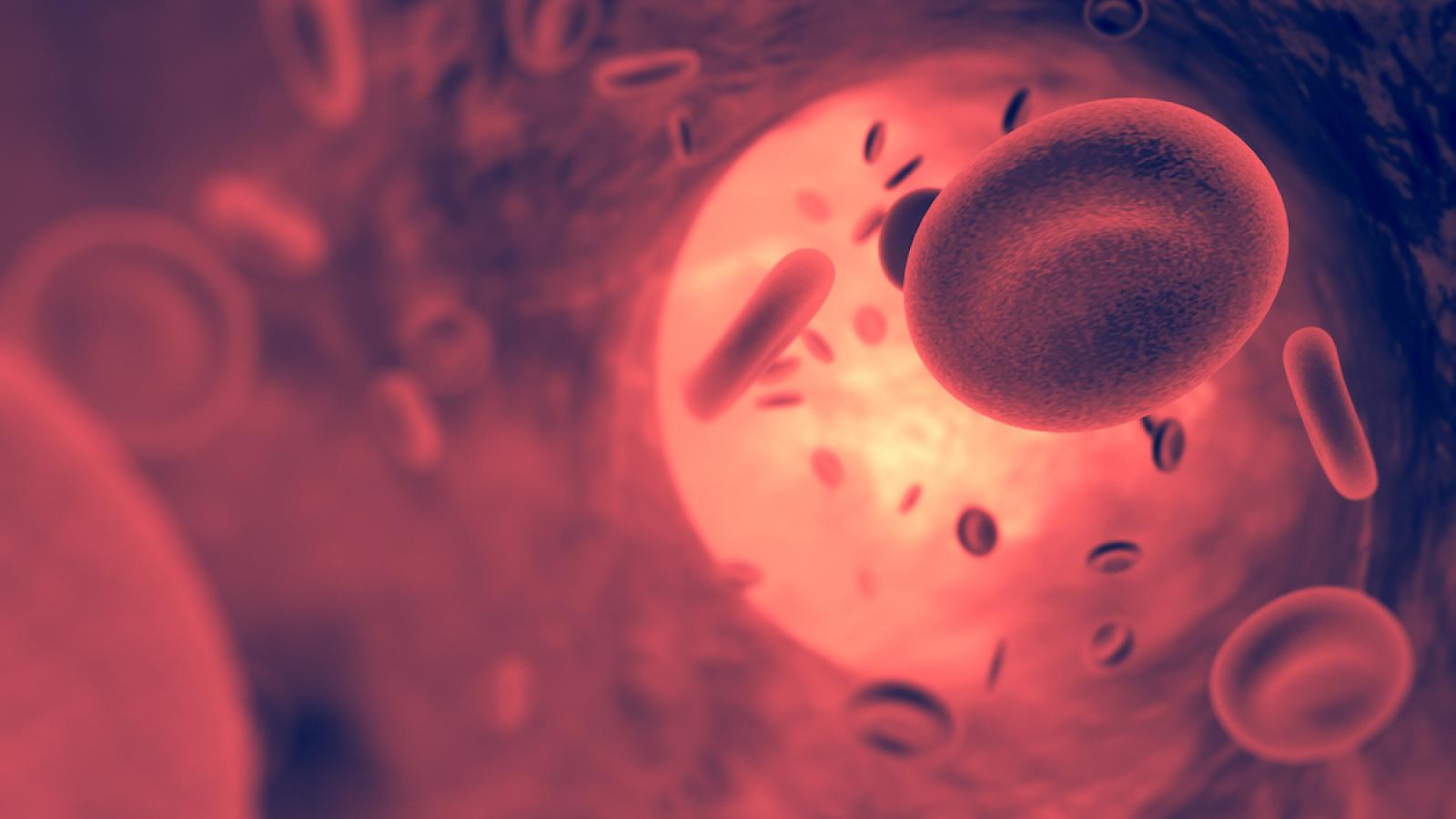A new study led by Prof Paul Matthews (UK DRI at Imperial), working with collaborators from the UK DRI Centres in Cardiff and Edinburgh, and researchers in Geneva, Oxford and Bordeaux, reveals insight into the molecular mechanisms underlying vascular changes associated with early Alzheimer’s disease. The work, published in Nature Communications, could lead to new therapeutic targets for the disease.
In the study, the team analysed data from the largest dataset ever generated for vascular cell-specific single nucleus RNA sequencing. They discovered that the expression of Alzheimer’s risk genes was uniquely increased in endothelial cells, a type of cell that lines blood vessels, indicating a major role for these cells in the disease.
Our research provides new mechanistic insight into the brain vascular dysfunction found with Alzheimer’s disease.Prof Paul MatthewsUK DRI at Imperial
The researchers described a vascular dysfunction associated with chronic hypoxia (low oxygen) and showed that this occurs because increased amyloid beta protein blocks normal vascular repair processes. They provide evidence that this is a consequence of inflammatory activation, accelerated ageing and death of vascular endothelial cells.
Overall, the work suggests that therapeutic efforts targeting the pathological inflammatory processes induced by amyloid beta could restore more normal vascular function to slow or delay the progression of Alzheimer’s.
Study leader Prof Paul Matthews, Centre Director of the UK DRI at Imperial, said:
“Our research provides new mechanistic insight into the brain vascular dysfunction found in Alzheimer’s disease. Elucidation of the central role for endothelial cell inflammatory activation conceptually links the vascular pathology of Alzheimer’s disease with the much better characterised pathobiology of atherosclerosis. This provides a clear rationale for dual use of new drugs being developed for cardiovascular disease as treatments for Alzheimer’s.”
First author Stergios Tsartsalis, senior consultant psychiatrist at the University of Geneva and visiting researcher at Imperial, added:
“Our results underline that neuropathological and genetic mechanisms that lead to Alzheimer's directly impact vascular endothelial cells. Vascular endothelial dysfunction may take a centre-stage role in the understanding and treatment of Alzheimer’s disease”.
To find out more about Prof Paul Matthews' research, visit his UK DRI profile. To keep up to date with the latest UK DRI news and events, sign up to receive our monthly newsletter.
Reference: Tsartsalis, S., Sleven, H., Fancy, N. et al. A single nuclear transcriptomic characterisation of mechanisms responsible for impaired angiogenesis and blood-brain barrier function in Alzheimer’s disease. Nat Commun 15, 2243 (2024). https://doi.org/10.1038/s41467...
Article published: 13 March 2024
Banner image: Shutterstock/Michelangelus
